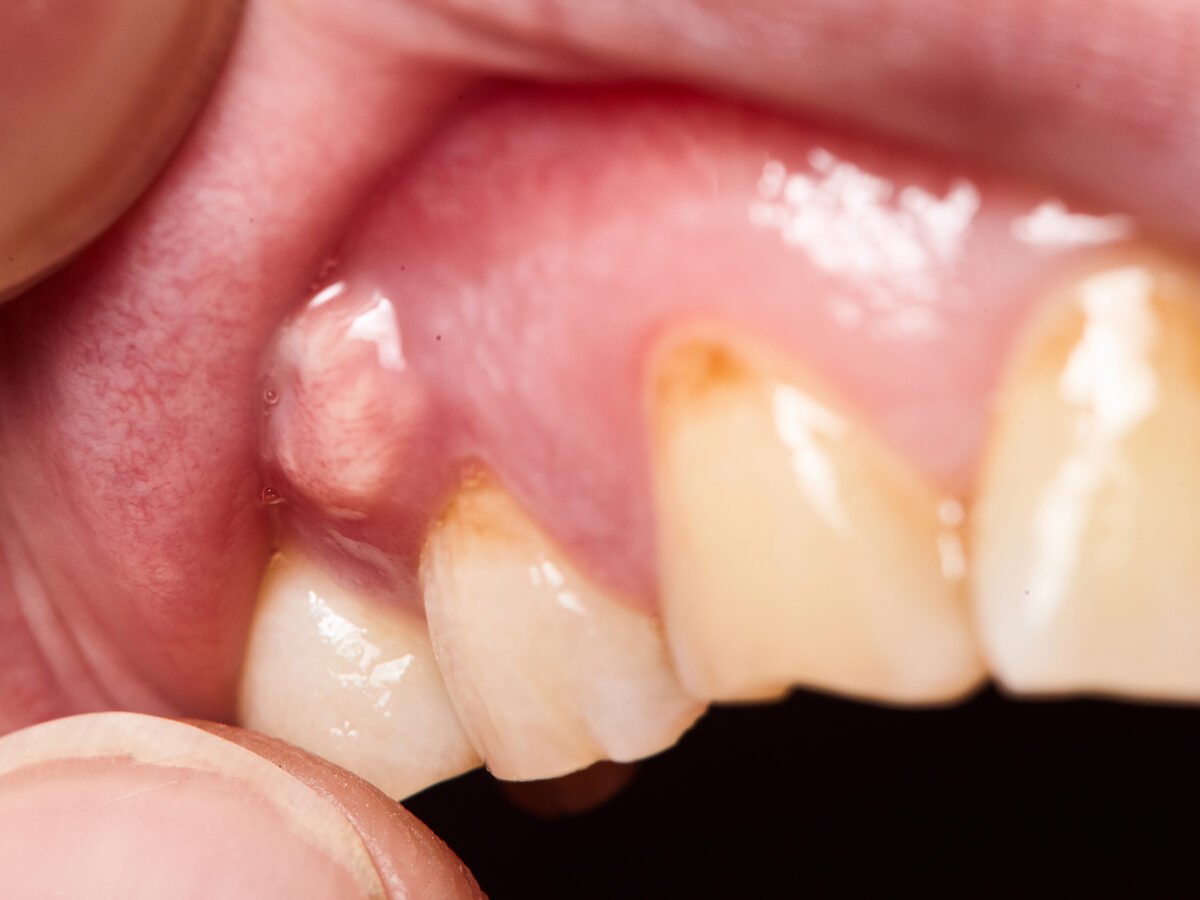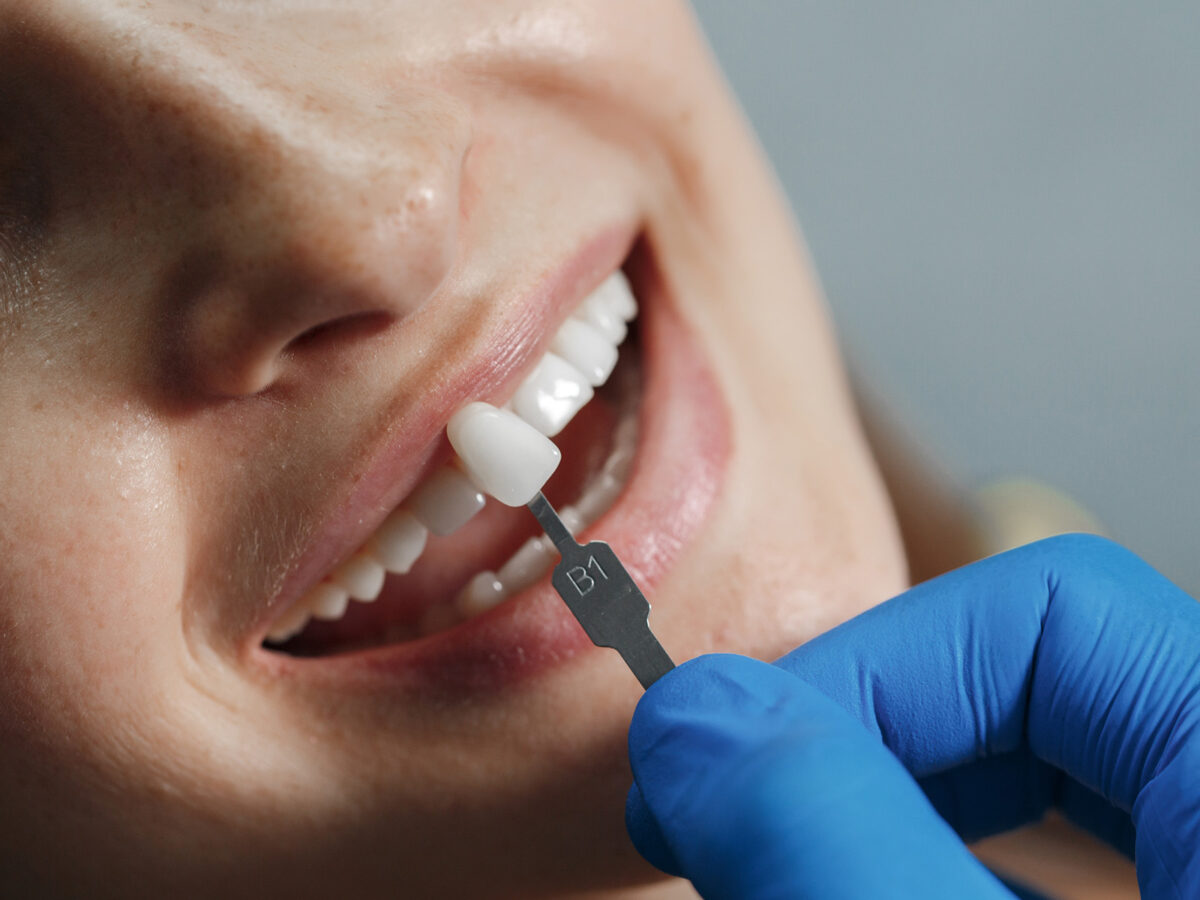It can be quite painful and upsetting to have a mouth abscess. Typically, a bacterial infection that results in a buildup of pus in the tissues is the cause. Severe toothache, edema, and a lingering foul taste or odor are typical symptoms. An oral abscess might cause more problems if it is not treated. To assist you in getting rid of a mouth abscess and restoring dental health, we’ve come up with this blog that sheds light on some efficient treatment options and preventive measures for mouth abscess.
Understanding the Symptoms:
Early treatment of a mouth abscess depends on recognizing the symptoms. Typical symptoms include:
a) A severe toothache: This pain is frequently excruciating and can spread to the jaw, ear, or neck.
b) Swelling: The affected area could look red and swollen.
c) Unpleasant taste or odor: A bad taste or odor may linger in the
d) Difficulty swallowing or speaking: Abscesses may make it difficult to swallow or speak.
Seeking Professional Dental Care:
It’s critical to seek dental care when you feel you may have an oral abscess. The best course of treatment will be chosen after a comprehensive examination by a dentist. The following actions are typically part of the healing process:
- a) Drainage: The abscess must be drained to remove the pus. The dentist may make a small incision in the afflicted area to relieve the pressure and encourage healing.
- b) Antibiotics: Your dentist may advise taking antibiotics to get rid of the bacteria and stop the infection from spreading, depending on the severity of the infection.
- c) Root Canal Treatment: If an infected tooth is the source of the abscess, a root canal procedure may be required to clean the tooth’s pulp of the infection and seal the tooth to avoid reinfection.
- d) Tooth Extraction: Sometimes, tooth extraction may be advised if the tooth is highly infected and cannot be salvaged.
Home Treatments for Pain:
Several home treatments can help reduce the pain and suffering brought on by an oral abscess while you wait for dental care from a professional:
- a) Saltwater rinses: Several times a day, rinse your mouth with a solution by combining half a teaspoon of salt with a glass of warm water. It promotes healing and helps to minimize inflammation.
- b) Over-the-counter painkillers: Non-prescription painkillers like acetaminophen or ibuprofen can temporarily lessen pain.
- c) Cold compress: To minimize swelling and numb the area, apply a cold compress or ice pack to the affected area for 15 minutes.
Prevention and Good Oral Hygiene:
To maintain good oral hygiene, it is crucial to prevent oral abscesses here is how you can reduce the risk:
- a) Regular oral hygiene practices, such as brushing and flossing at least twice a day, help to remove plaque and germs that can cause abscesses and tooth decay.
- b) Routine dental examinations: To catch any dental problems early on, schedule regular examinations and cleanings at your dentist’s office.
- c) Limit alcohol intake and abstain from tobacco use: Tobacco products and excessive alcohol use might impair immunity and increase disease susceptibility.
- d) Eat a balanced diet of fruits, vegetables, and whole grains. Reduce your intake of sugary and acidic meals and drinks because they can cause tooth decay.
Conclusion
It is essential to seek medical attention for a mouth abscess since it can be very uncomfortable. Immediate dental care is necessary for successful treatment. Depending on the severity of the infection, draining the abscess, medications, root canal therapy, or tooth extraction may be required. Home cures can offer momentary alleviation in the interim.
Appropriate oral hygiene habits and preventative measures can decrease the likelihood of recurring spots. To keep your mouth healthy and free from oral abscesses, prioritize frequent dental checkups and healthy oral habits.



